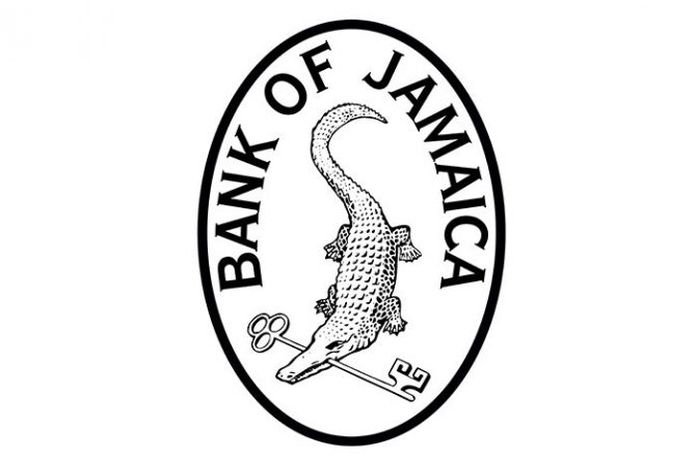By Douglas McIntosh
KINGSTON, Jamaica, (JIS) – The Bank of Jamaica (BOJ) is slated to commence national rollout of the Central Bank Digital Currency (CBDC) platform during the first quarter of 2022; meanwhile, The Bank of Jamaica (BOJ) says remittance inflows for the first 10 months of 2021 (end of October), totalled approximately US$2.5 billion, as against US$2 billion for the corresponding period last year, to remain strong despite the impact of the coronavirus (COVID-19) pandemic.
Digital currency
Deputy Governor with responsibility for banking, currency operations, and financial markets, Natalie Haynes, says it is anticipated that by then, additional deposit-taking institutions (DTIs) will be onboarded to enable the issuing of wallets to facilitate an expansion of the number of individuals and businesses utilising the currency.
National Commercial Bank (NCB) is currently the sole DTI participating in the CBDC pilot, which commenced in June and is slated to conclude in December.
Speaking during the BOJ Monetary Policy Committee (MPC) digital quarterly media briefing on November 19, Haynes said NCB has developed its wallet and has begun testing the facility.
She indicated that the bank is doing so with staff and their family members, adding that “we’re going to roll that out, before year-end, to other account holders, namely individuals and small merchants”.
The deputy governor said these merchants include vendors, hairdressers and barbers, adding that “they will be doing testing, in terms of person to person and person to business [transactions]; in addition, they are going to be testing cash-ins and cash-outs at the [automated banking machines] ABMs”.
Haynes told journalists that the BOJ has also developed a wallet for its staff, adding that its interoperability with NCB’s will be tested, come December. “An important component of any CBDC [is] for there to be interoperability between all wallet providers,” she further indicated.
CBDC is a digital form of central bank-issued currency and, therefore, is legal tender that can be exchanged dollar for dollar with physical cash. Households and businesses will be able to use CBDC to, among other things, make payments as now obtains with cash.
CBDC is backed by the issuing central bank and is issued to authorised financial institutions, including deposit-taking institutions, on a wholesale basis as is now being done with physical currency.
The anticipated benefits of CBDC for Jamaican citizens, businesses and the government include increased financial inclusion, as it will provide another easier-to-access means of efficient and secured payments.
For deposit-taking institutions and the BOJ, CBDC presents an opportunity to improve cash management processes and costs.
Increase in remittance inflows
“We’re not seeing remittances going down; we are still seeing growth in [inflows],” said Natalie Haynes, increased remittances have been flowing from Jamaica’s main sources, the United States and the United Kingdom, while noting that significant funds have been sent from the Cayman Islands.
“We have [seen]… where most persons [in the Cayman Islands] are sending home their funds in anticipation of returning to Jamaica, because Cayman is still under, basically, a lockdown. Most of them are not employed and they would rather be here, at home in Jamaica, unemployed than in Cayman. We have seen that corridor increasing since about last month,” she further indicated.
Inflation
Meanwhile, BOJ Governor, Richard Byles, in response to questions from journalists acknowledged that the onset of increased inflation could start to erode the ability of Jamaicans in the diaspora remitting funds.
The rate of inflation in the United States climbed to 6.2 percent as of October 2021, as measured by the consumer price index, which is reported monthly by the Bureau of Labor Statistics (BLS). The out-turn was above market forecasts of 5.8 percent.
Annual inflation in the United Kingdom climbed to 4.2 percent in October 2021, above market forecasts of 3.9 per cent, according to the Office for National Statistics’ publication.
‘What we hope for is that [the inflow] stays at the higher level, rather than go back down to the US$2 billion level… we certainly hope so. It’s been of tremendous help to the country,” he pointed out.
Total remittances for 2020 was US$2.91 billion, representing a 20 percent increase over the US$2.47 billion recorded the previous year.






